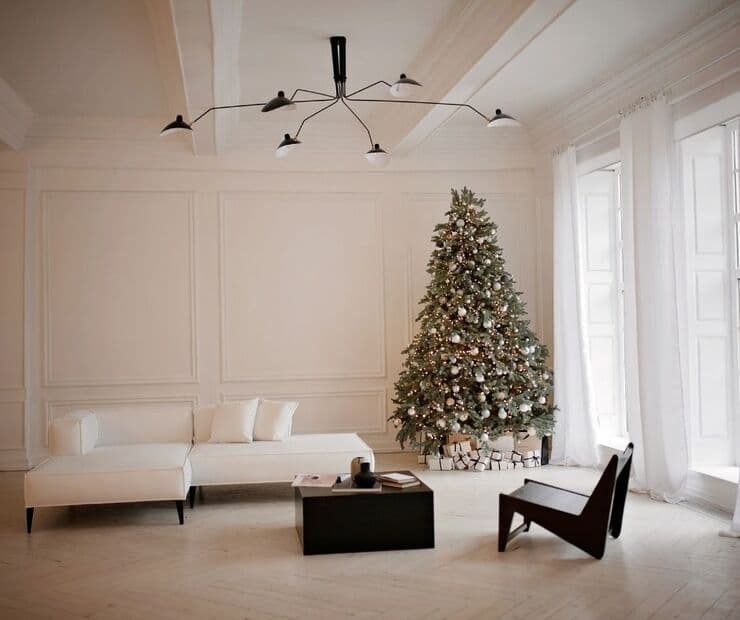
A study by Momentum Worldwide shows that 76% of people would rather spend money on experiences instead of possessions. Some may refer to living with less as a minimalist lifestyle, while other definitions associate the word with monetary wealth. “Minimalism” falls under a large umbrella that includes artwork, clothing styles, and architecture.
Living with less in our context means owning fewer possessions and having simplicity in life. The extremely cliché saying, “money doesn’t buy happiness,” falls true. Only owning what you need has become a recent lifestyle trend. Instead of spending money on objects, you can travel freely, experience more, and become rich in life.
Taoism, an ancient Chinese spiritual philosophy, embraces the notion of living with less. Two principles, simplicity and living in harmony with nature, still play a role today. By focusing less on material objects, you can focus more on enjoying life, and all the world has to offer. The Tao Te Ching: Backward Down the Path addresses the accumulation of possessions.
“Strong desires lead to wasteful spending. Excessive hoarding leads to heavy loss.” Author Jerry Dalton breaks it down into his own words as, “squandering your life.” Dalton helps readers understand Taoism through practical explanations. He also gives exercises in this book to gain further insight. In the chapter Contentment, he recommends taking something you own and have an attachment to.
If the item has been put away in storage, get it out, look, and evaluate it. Dalton asks, “Why is it valuable to you? Do you use it, or do you simply worry about where to keep it? Are you afraid someone will steal it? Do you own it, or does it own you? How would your life be altered if you gave it away or sold it? Would you suffer great loss or enjoy new freedom? Think about it.”
Chapter 44 in The Tao of Leadership also delivers a potent message, “Owning or Being Owned.” Fixations with “keeping up with the Joneses” or having the latest and greatest can cause you to lose sight of life’s true meaning. Living with less removes things that distract you from having more freedom; those obligations prevent you from choosing your path forward.
The journey to living with less does not happen overnight and requires self-discipline. It starts with a commitment to the goal of having less and then working towards it. Acknowledge your needs, discard the excess, appreciate what you have, and express gratitude for life’s blessings. Once you embrace living with less and embark on the path, you will find contentment in life.
Many people associate material possessions when stating what makes them happy. When you shift focus away from acquiring objects, you realize other things hold more meaning. Your relationships and sense of self will be more valuable than things you purchase. As you begin to live with less, you also learn to slow down and find experiences more enriching. Unknowingly, this lifestyle then takes on another principle of Taoism. Inaction, or “going with the flow,” means not living life at a chaotic pace. As you learn not to rush, you actually accomplish more by focusing on the signal and not the noise.
Joshua Becker explains a modern-day minimalist lifestyle in this article. He has been living with less for years and explains the benefits. The lifestyle no longer pertains only to the wealthy but more to those who want to live a prosperous life.
